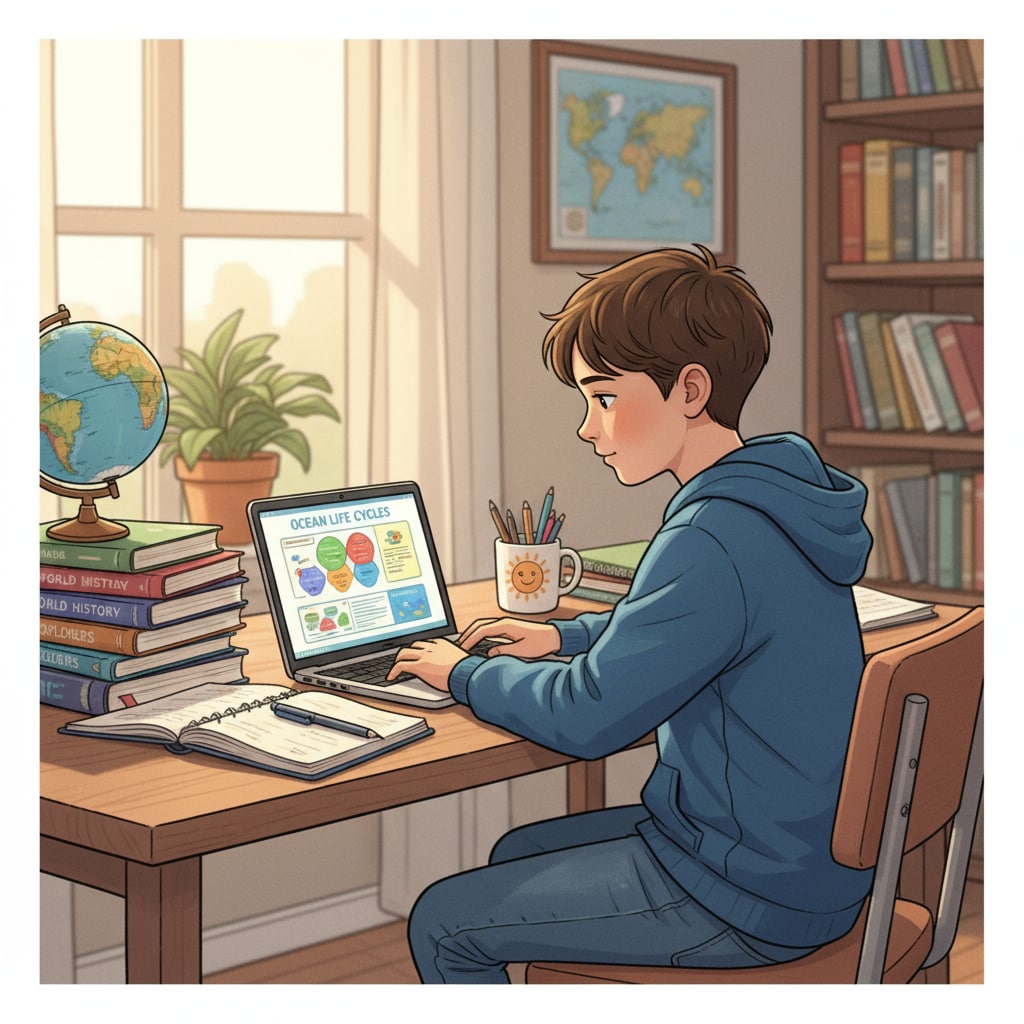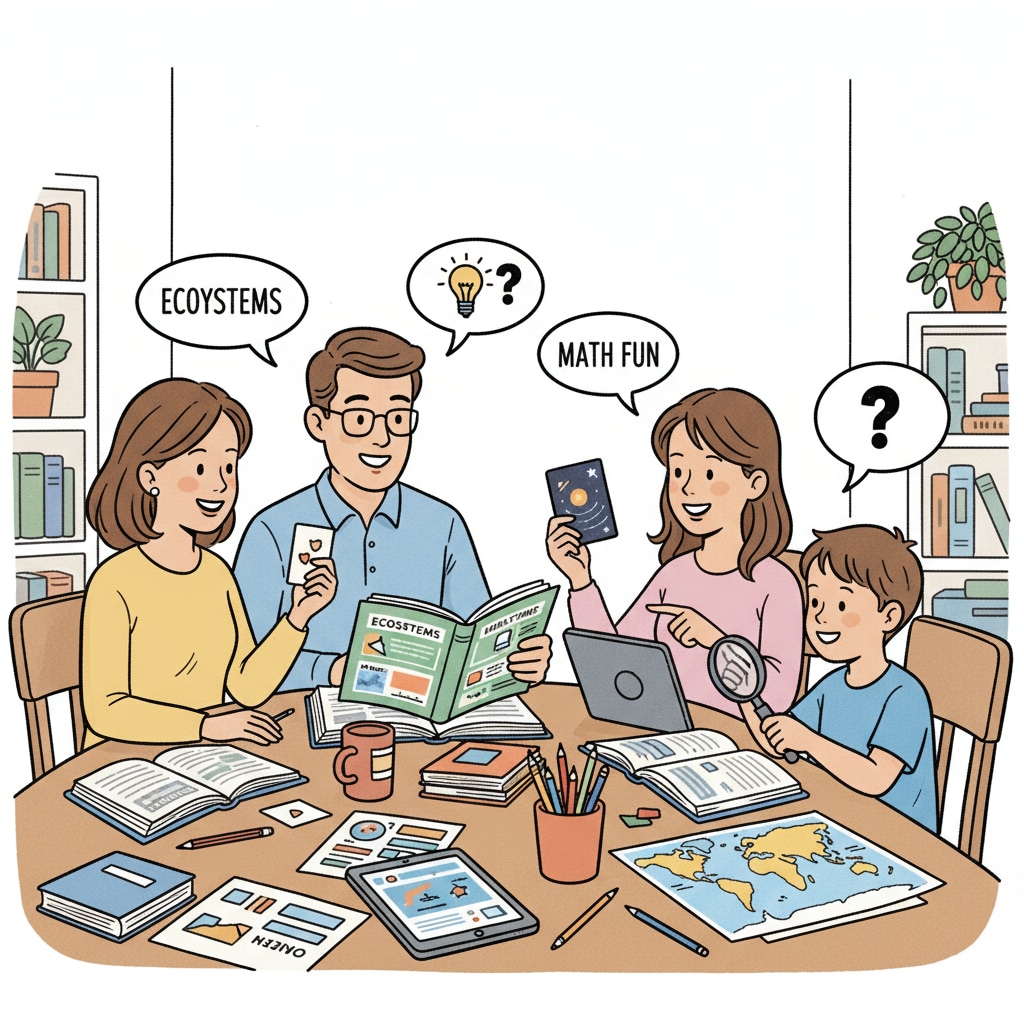Home schooling, bias transmission, and educational horizons are topics of increasing concern in the realm of education. While home schooling offers certain advantages, it also brings with it the risk of becoming a means through which parents pass on their personal biases and values, potentially limiting a child’s educational scope.

In this article, we will explore this issue in depth, comparing home schooling with traditional school education and highlighting the importance of a well-rounded educational experience.
The Allure of Home Schooling
Home schooling has gained popularity in recent years for several reasons. Some parents choose it to provide a more individualized learning experience for their children, tailoring the curriculum to their specific interests and learning styles. Others do so to protect their children from negative influences in traditional schools, such as bullying or peer pressure. According to the National Center for Education Statistics, the number of homeschooled children in the United States has been steadily increasing. However, this trend also raises questions about the potential drawbacks of home schooling.

The Risk of Bias Transmission
One of the main concerns with home schooling is the potential for parents to transmit their biases and values to their children. Parents are naturally influenced by their own beliefs, experiences, and worldviews, and these can inadvertently shape the education their children receive at home. For example, a parent with strong political or religious views may emphasize certain aspects of the curriculum while neglecting others. This can lead to a one-sided education that fails to expose children to diverse perspectives. As stated in this Psychology Today article, our biases can have a profound impact on the way we raise and educate our children.
In addition, home schooling may limit a child’s exposure to different cultures, social groups, and ideas. In a traditional school setting, students interact with peers from various backgrounds, which helps them develop empathy, understanding, and critical thinking skills. In contrast, homeschooled children may have fewer opportunities for such interactions, which can result in a more insular worldview.
Readability guidance: We’ve used short paragraphs to make the content easier to digest. Each H2 section provides key points about home schooling. We’ve also incorporated external links to reliable sources for more information. Transition words like ‘however’ and ‘in addition’ help connect ideas smoothly.


